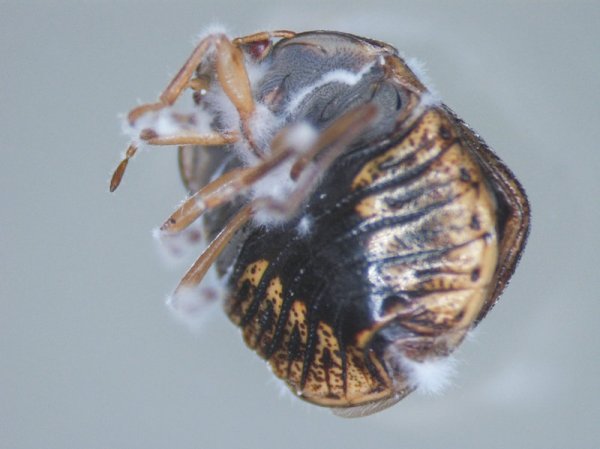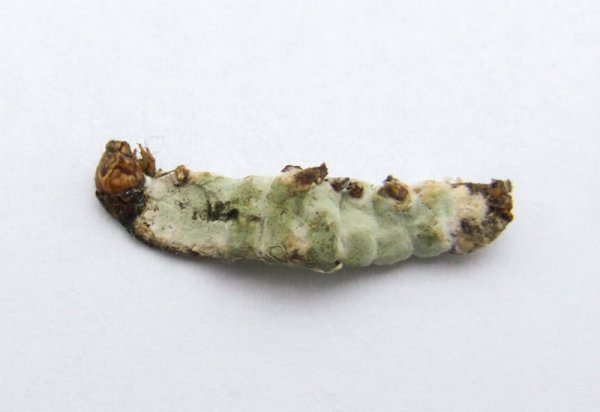Fungi-Based Pesticides Could Replace Chemicals And Save the Environment
 By John Vibes
By John Vibes
The massive decline of insect populations in recent years is an environmental crisis that is often overlooked, and by all indications, it seems that pesticides are largely to blame for this problem. However, researchers are currently developing alternatives that can hopefully protect crops for farmers without causing widespread harm to insect populations.
Biopesticides are derived from natural materials like plants, bacteria, and certain minerals. These substances are not harmful to the environment and also pose less of a risk to insects. Some Biopesticides are not even harmful, but just work to repel certain insects from the area, while others only target specific insects in a limited range.
One of the most interesting recent developments in the field of biopesticides is the use of fungi.
Fungus-based pesticides would still kill the insects that attempt to feast on the crops, but this will not be a toxin that gets into the environment, which reduces the widespread exposure to plant, animal and insect life.
[do_widget id=text-16]
Two fungus-based pesticides were developed and patented by the famous mycologist Paul Stamets. One of the products is specifically targeted toward fire ants, carpenter ants, and termites, while his other offering can affect roughly 200,000 insect species.
One of the fungi-based biopesticides, called MycoPesticide, will begin to sprout inside of the insect once it is eaten and will then feed on the creature until it dies, often with mushroom sprouts popping out of its head. It is also not harmful to bees, which has been a growing concern in relation to pesticides.

Fungi seen growing out of an affected insect. Photo Credit: Brian Lovett/University of Maryland Entomology
However, the cost is still a major obstacle for advocates of fungi-based pesticides, as they can be up to 20 times more expensive than chemical pesticides.
Paul Underhill, co-owner of the organic Terra Firma Farm in Winters, California says that the fungi methods are also a bit more difficult to work with.
“Some, like those with fungi, can require special storage, such as refrigeration. [And] the cost to the farmer can easily be 20 times what a conventional pesticide might be,” Underhill told NPR.

Photo Credit: Dr. Yuxian Xia and Nemat O. Keyhani, Chongqing University
The short-term financial cost for biopesticides might be higher right now, but hopefully, those prices will start to fall as the development of this technology progresses. It is also important to consider the long-term financial and environmental consequences that may not be immediately obvious in the short term.
There are also plant-based pesticides that are currently in development, which could also provide an alternative to conventional chemicals. One example is PureCrop1, a plant-based pesticide company that is partly owned by NBA star John Salley.
According to the PureCrop1, the organic pesticide is made with plant-based materials from grains, and seed crops. Their products do not contain petroleum distillates or synthetics including artificial foaming and thickening agents, builders, reagents, dyes or fragrances.
New solutions can’t come soon enough. According to a new study published this month in the scientific journal PLOS One, America’s agricultural landscape has grown 48 times more toxic to insects in the past 25 years. As Truth Theory reported last month, even fireflies are facing possible extinction all over the world.
John Vibes is an author and journalist who takes a special interest in the counter culture, and focuses solutions-oriented approaches to social problems. He is also a host of The Free Your Mind Conference and The Free Thought Project Podcast. Read More stories by John Vibes
This article was sourced from Truth Theory.
Subscribe to Natural Blaze for health freedom and natural living headlines to your inbox. Follow Natural Blaze on Twitter and Facebook.


